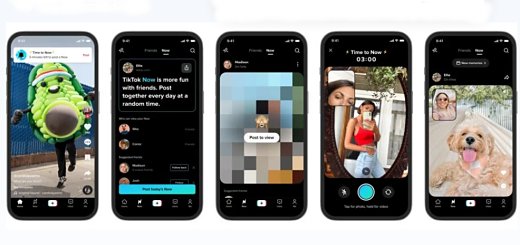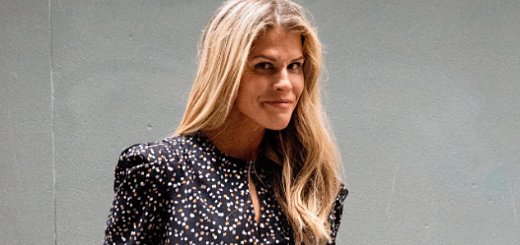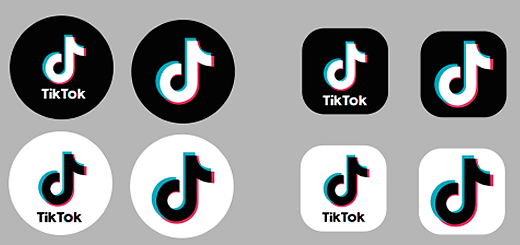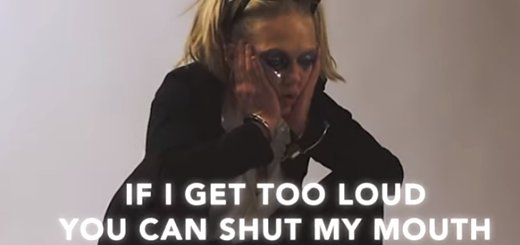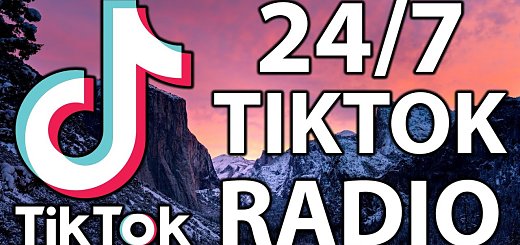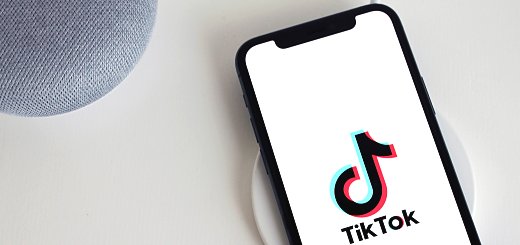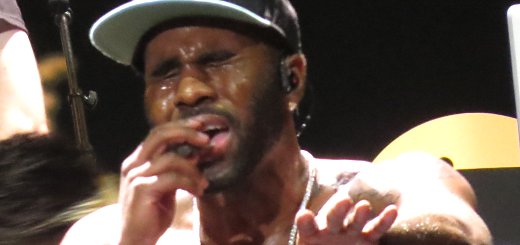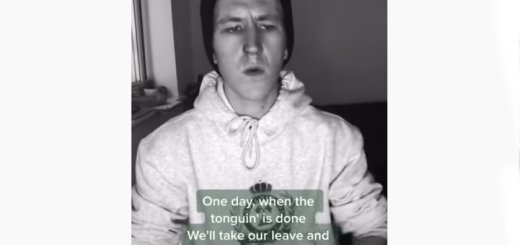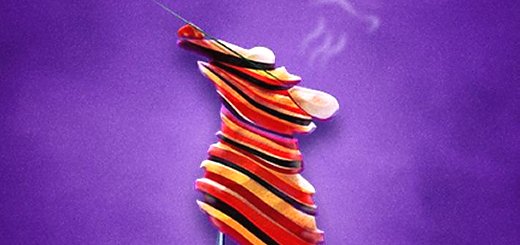Who is winning the short-form video wars?
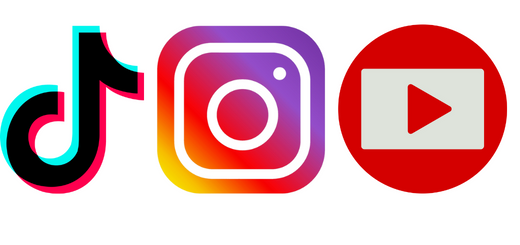
In the latest Trapital podcast, Dan Runcie talks to MIDiA Research’s Tati Cirisano about short form video and the three-sided battleground being fought between TikTok, YouTube Shorts, and Instagram Reels. Questions asked were which company added the most value - to artists and creators, to the music industry, and to its parent company. The conclusions: TikTok is the most valuable to artists and creators given its massive reach and cultural cache. YouTube Shorts is the one that’s most valuable to music since strong agreements are in place, and YouTube is proud of the billions it pays to the industry. Reels is the most valuable for its parent company.


